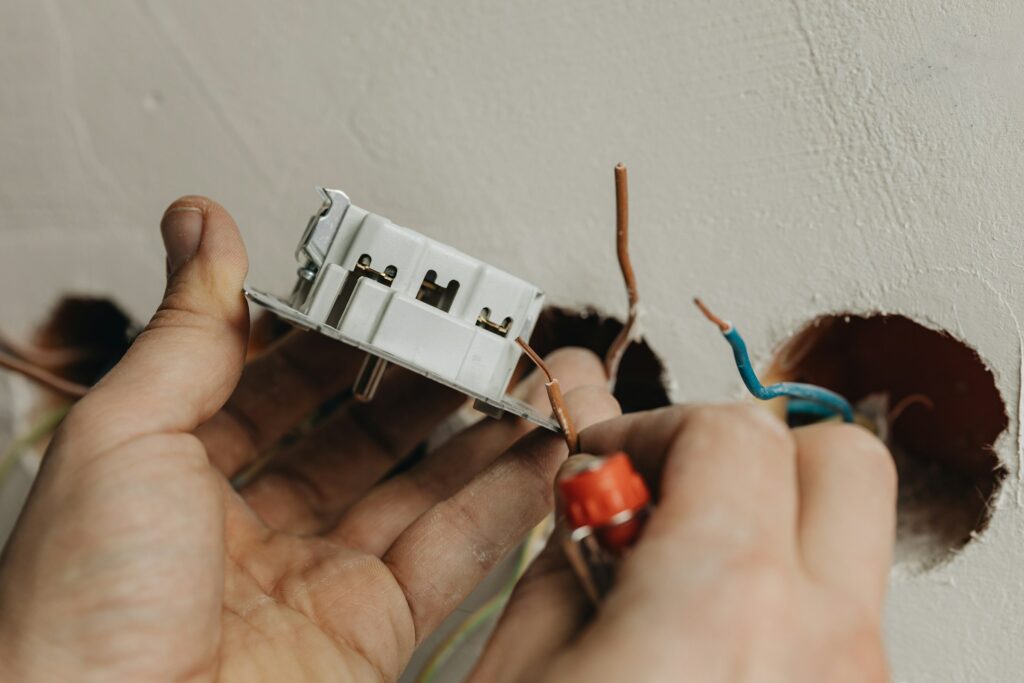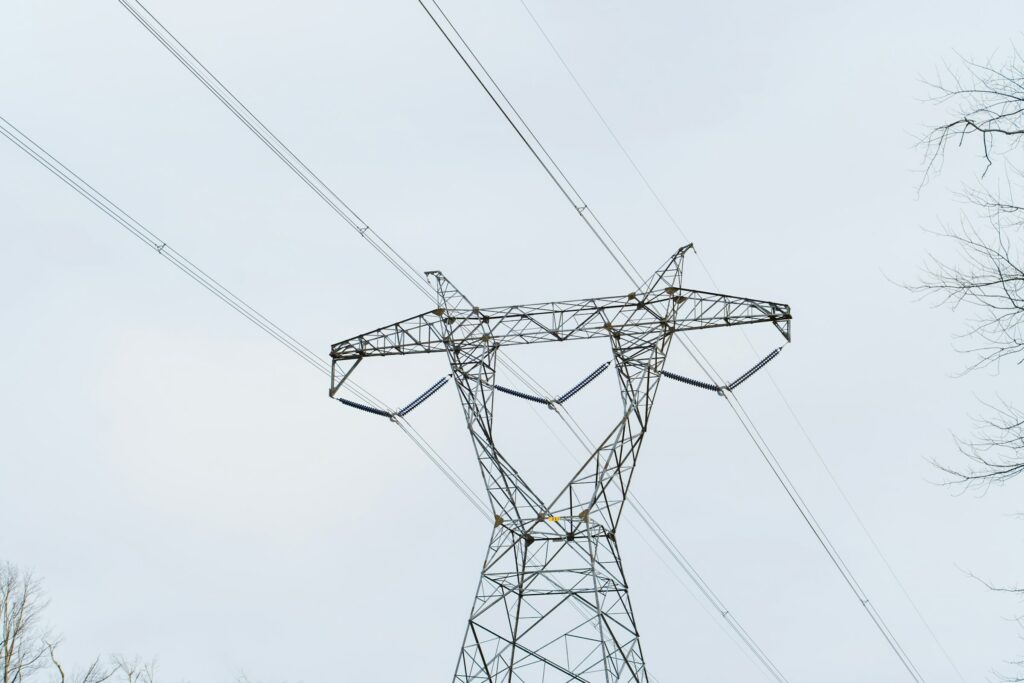In the world of electrical safety, a silent guardian watches over our homes, ensuring that we’re protected from potentially dangerous electrical hazards.
This unsung hero is known as an AFCI, or Arc Fault Circuit Interrupter. But what is AFCI, and how does it work to keep us safe? In this article, we’ll delve into the mysteries surrounding AFCIs and shed light on their crucial role in modern electrical systems.

The Need for Electrical Safety
Electricity has become an integral part of our daily lives, powering everything from lighting and appliances to electronics and heating systems. However, with the convenience of electricity comes the responsibility to ensure that our electrical systems are safe and reliable. One of the most significant hazards in electrical systems is the occurrence of arc faults, which can lead to fires if left unchecked. This is where AFCIs come into play.
What is AFCI?
An AFCI, or Arc Fault Circuit Interrupter, is a sophisticated device to detect and prevent dangerous electrical arcs in our homes. Unlike traditional circuit breakers, designed to protect against overloads and short circuits, AFCIs are specifically engineered to identify the unique signatures of arc faults.
An arc fault occurs when electricity jumps across a gap in a circuit, creating a high-temperature discharge that can ignite surrounding materials. These arcs can be caused by damaged wiring, loose connections, or worn insulation, and they often occur in hidden locations, such as behind walls or in electrical panels.
How AFCIs Work
AFCIs utilize advanced technology to monitor the electrical current flowing through a circuit continuously. They analyze the current waveform, looking for specific patterns that indicate the presence of an arc fault. When an AFCI detects an arc fault, it quickly interrupts the flow of electricity, preventing the arc from causing further damage or starting a fire.
There are two main types of AFCIs: branch/feeder AFCIs and combination AFCIs. Branch/feeder AFCIs are installed at the origin of a branch circuit, typically in the electrical panel, and protect the entire length of the circuit. Combination AFCIs, on the other hand, protect both the branch circuit wiring and the outlets connected to it.
The Importance of AFCI Protection:
Incorporating AFCIs into our electrical systems has significantly improved electrical safety. According to the National Fire Protection Association (NFPA), electrical fires account for many yearly residential fires, resulting in property damage, injuries, and even loss of life. By detecting and preventing arc faults, AFCIs have the potential to reduce the occurrence of these devastating fires greatly.
In recognition of the critical role that AFCIs play in electrical safety, the National Electrical Code (NEC) has mandated the use of AFCIs in certain areas of newly constructed homes since 1999. Over the years, the requirements for AFCI protection have expanded to include more rooms and circuits, reflecting the growing understanding of their importance.
Conclusion:
Arc Fault Circuit Interrupters, or AFCIs, are the silent guardians of our electrical safety, working tirelessly to detect and prevent dangerous arc faults in our homes. By understanding what AFCIs are, how they work, and their crucial role in electrical safety, we can appreciate the importance of installing them in our electrical systems. As we continue to rely on electricity in our daily lives, embracing the protection offered by AFCIs is vital in creating safer living environments for ourselves and our families.
Frequently Asked Questions:
Are AFCIs required in all homes?
While the National Electrical Code mandates AFCI protection in new construction and renovations, older homes may not have AFCIs installed. However, it is highly recommended that you upgrade to AFCI protection to enhance your home’s electrical safety.
Can I install AFCIs myself?
Installing AFCIs should be performed by a licensed electrician who is familiar with the specific requirements and best practices for AFCI installation. Attempting to install AFCIs without proper knowledge and training can be dangerous and may void the device’s warranty.
How do I know if my home has AFCI protection?
To determine if your home has AFCI protection, check your electrical panel for circuit breakers labelled “AFCI” or “Arc Fault.” If you’re unsure, consult with a licensed electrician who can assess your electrical system and provide guidance on upgrading to AFCI protection.









